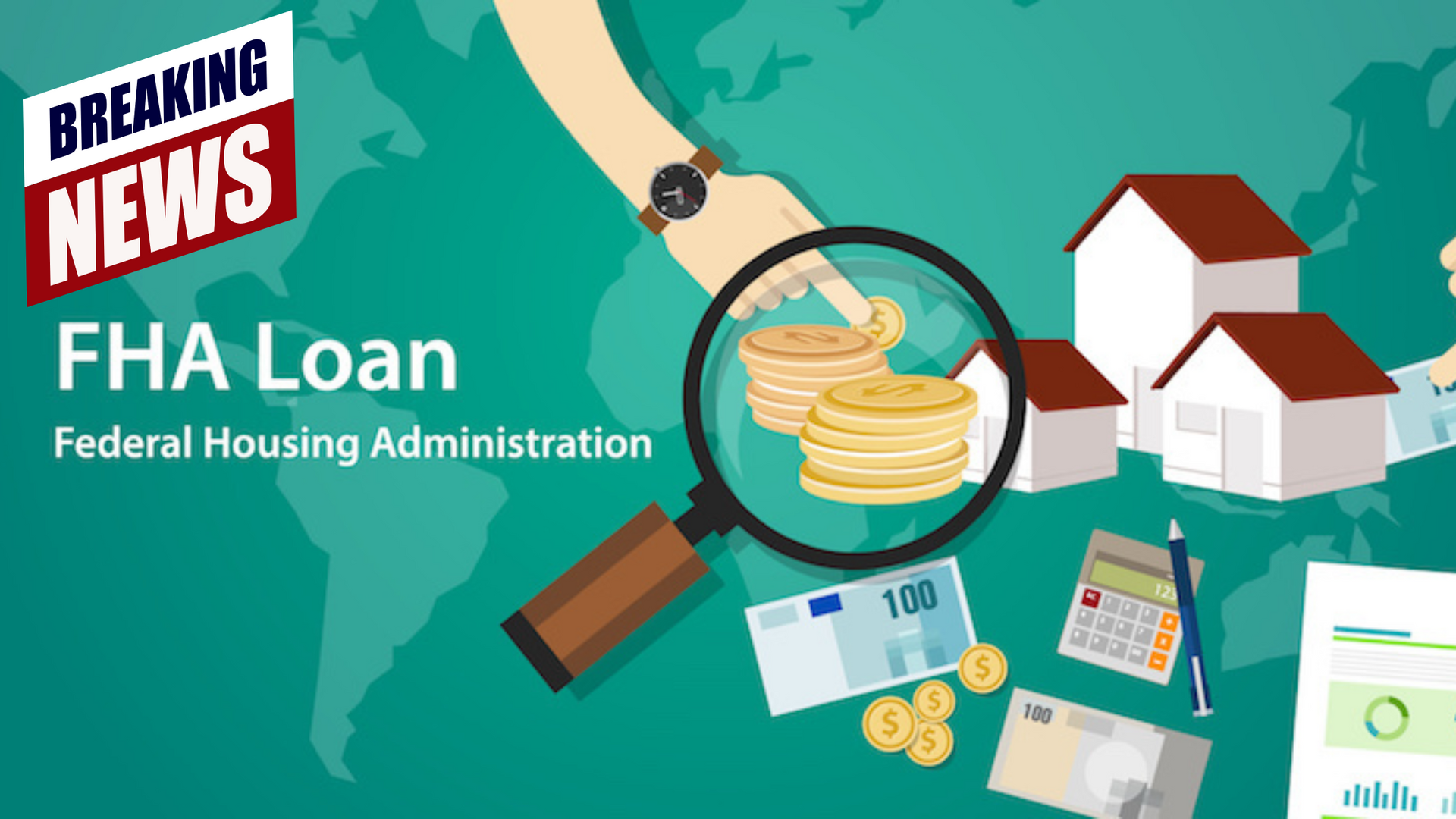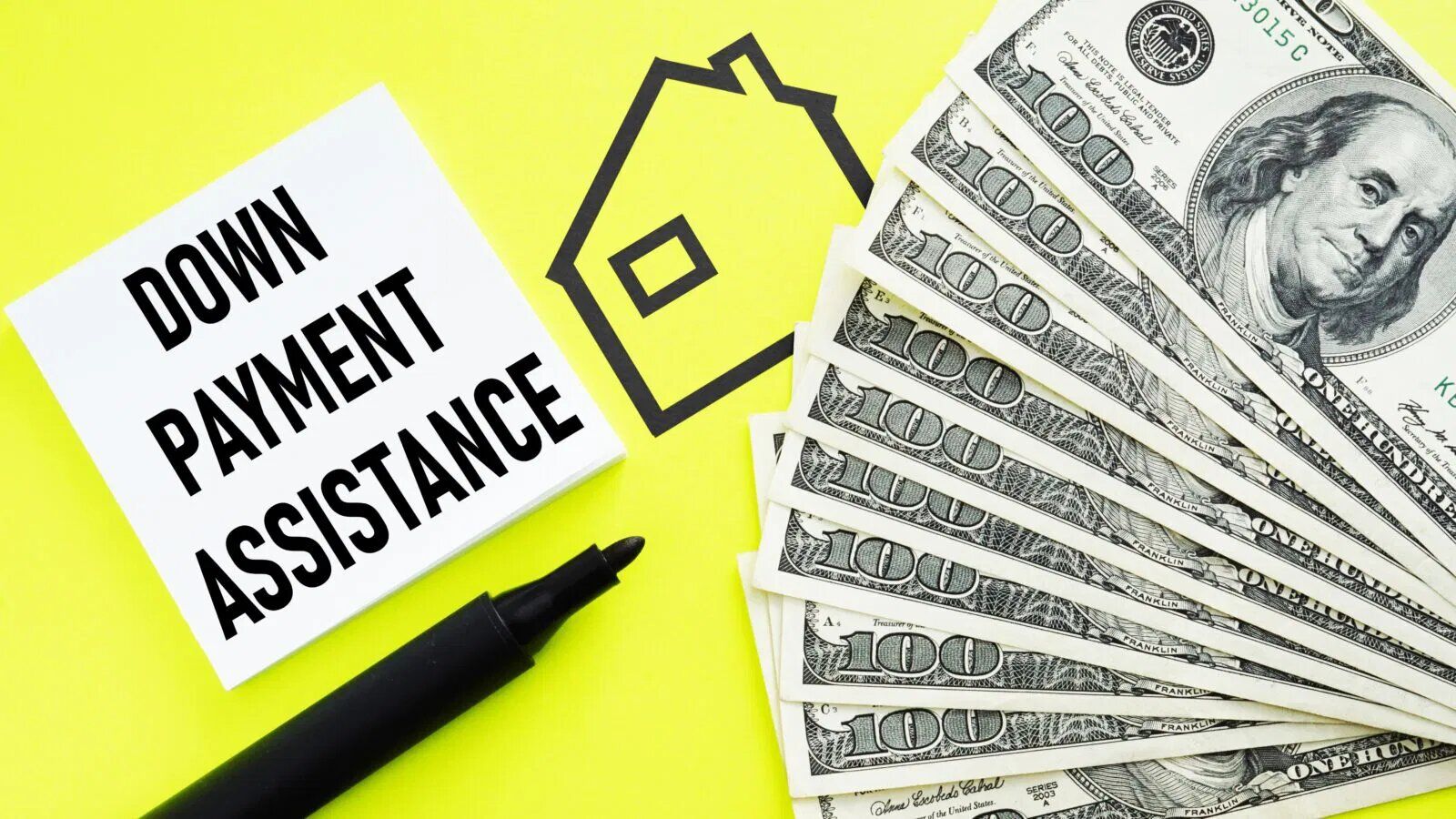Every week we release educational videos related to hot topics in the mortgage industry on YouTube.
Subscribe to our channel to stay in-the-know!
You’re not starting over—you’re starting fresh.
And yes, you
can buy a home after a divorce.
If you’re navigating a divorce or separation, I want to start with this:
Big hug. Big kiss.
This season of your life might feel uncertain or overwhelming, but you’re not broken. You’re rebuilding—and I’m here to help.
Let’s walk through the 5 most common mistakes people make when trying to buy a house after divorce—and how to avoid them.
Here’s what most people miss:
Even if a
divorce decree says your ex is responsible for a shared mortgage or credit card,
your name on the account means it’s your responsibility in the lender’s eyes.
That means:
Pro Tip: As a lender, I can do a soft credit pull for you—no ding to your score—to identify red flags before you apply!
Post-divorce income can be complex. Whether you're earning on your own or receiving support payments, lenders need proof of stability and consistency.
Pro Tip: If your income has decreased after divorce, we can explore co-borrowers, grants, or flexible loan programs to help you qualify.
Even if your ex is living in the home and paying the mortgage, if your name is still on the loan, it counts against your debt-to-income ratio. This can affect how much you qualify for—even if you’re renting now or planning to buy something smaller.
Divorce doesn’t just impact your finances—it affects your emotions, too.
Even if you're financially ready to buy, make sure you’re mentally and emotionally ready to take on homeownership again. This is especially true if you're moving from a home that holds memories or are co-parenting with children.
Ask yourself:
Mindset Tip: Your next home should support your fresh start, not keep you tied to the past. You’re building your life now—on your terms.
After a divorce, it’s tempting to try and “fix” everything fast. But buying a home is a major financial move, and sometimes waiting just a few months can make a big difference.
Reasons you may want to pause briefly:
That said, you don’t have to put your life on hold forever. The key is working with someone who knows the post-divorce lending landscape and can help you make informed choices.
Whether you're newly separated or a year into your new chapter, you deserve a place to call your own. And you don’t have to navigate this alone.
Ready to get started? Here are your next steps
You’ve got options. You’ve got support.
And most importantly—you’ve got this.
I’m here to help you rebuild with confidence.
Let’s find your fresh start.





All Rights Reserved | Jennifer Hughes Hernandez | Senior Loan Officer | NMLS #514497
Full service residential lender with an experienced team offering expert service, reliable communications and on-time closings in the greater Houston area.

Every week we release educational videos related to hot topics in the mortgage industry on YouTube.
Subscribe to our channel to stay in-the-know!
Gardner Financial Services, Ltd., dba Legacy Mutual Mortgage, NMLS #278675, a subsidiary of Texas Partners Bank. 18402 U.S. Highway 281 N, Ste. 258, San Antonio, TX 78259. AZ BK-2001467. Check registration and licensing at nmlsconsumeraccess.org. Legacy Mutual Mortgage is an Equal Housing Lender. This is not a commitment to lend. Material is informational only and should not be construed as investment or mortgage advice. Legacy Mutual Mortgage is not an agency of the federal government. Not all loan products are available in all states. All loans are subject to credit and property approval. Not all applicants qualify. Restriction and conditions may apply. Information and programs current as of date of distribution but may change without notice. [11/2025]